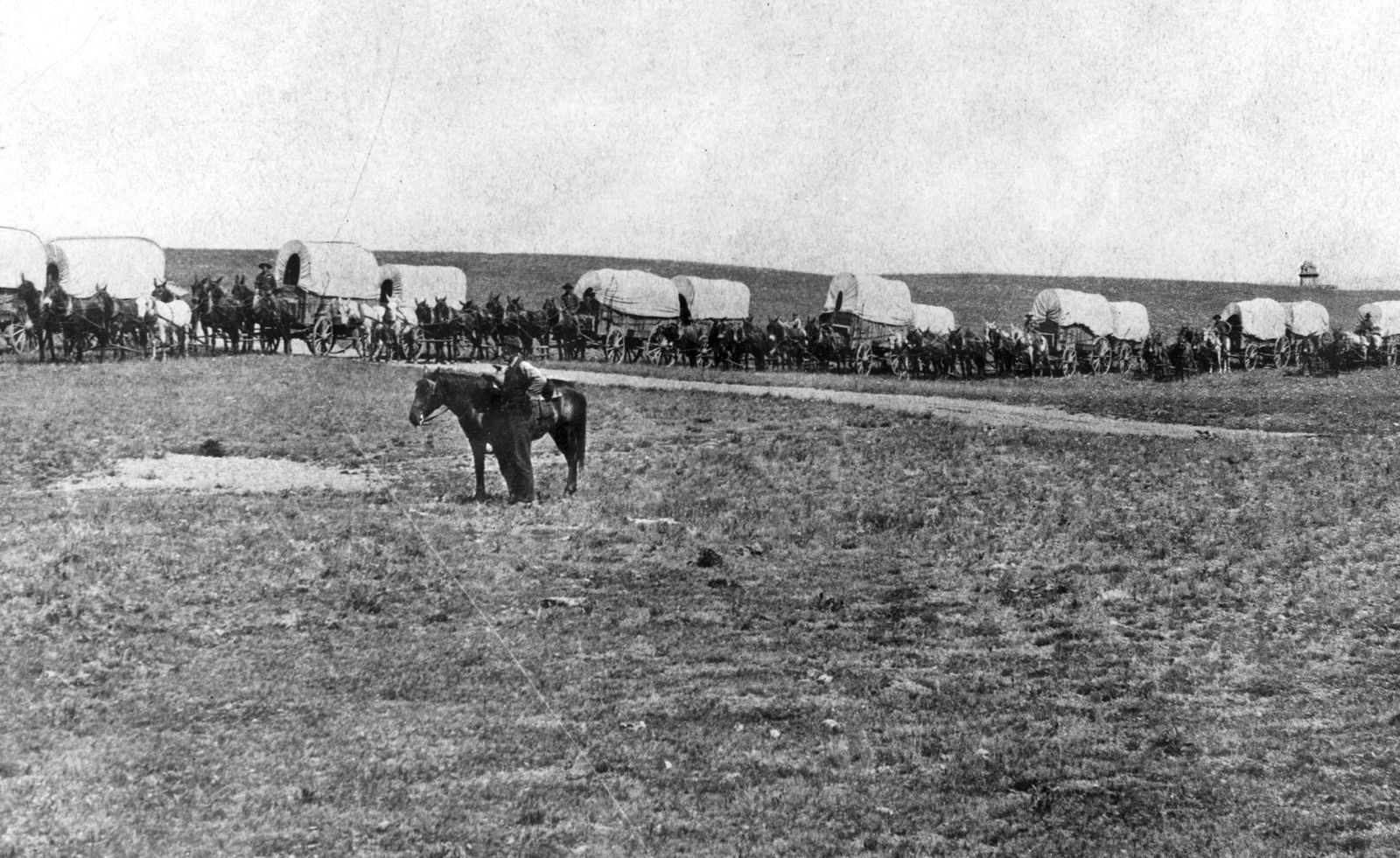
Mule train
Although the first transcontinental railroad connected through Spokane in 1882, north-south travel was still laborious and slow, by saddle or in wagons for long trips to places like Colville and Northport. Keen businessmen were eager to supply the hardy settlers in those places and many tons of freight inched along dusty trails.
Section:Then & Now
Image One
Photo Archive
| The Spokesman-Review
Image Two
Jesse Tinsley
| The Spokesman-Review
Although the first transcontinental railroad connected through Spokane in 1882, north-south travel was still laborious and slow, by saddle or in wagons for long trips to places like Colville and Northport. Keen businessmen were eager to supply the hardy settlers in those places and many tons of freight inched along dusty trails. In addition to food staples, dry goods and hardware, liquor and beer was a profitable cargo. In 1886, James “Jimmie” Durkin arrived in Colville with $2500 in his pocket. He looked at what bar owners in the rural areas were paying to have bottles of liquor hauled from Spokane by wagon train. After calculating shipping costs, he opened a liquor trading business and began hauling firewater in barrels to save on shipping costs. In a few years, Durkin was a wealthy man. He moved his family and business to Spokane in 1897, opening a bar on the Northwest corner of Sprague and Mill St., now called Wall St. The energetic proprietor was famous for constant promotion and advertising. He hired a sign painter to put “Jimmie Durkin’s Fine Wines and Liquor” on every boulder along roads leading to Spokane. In 1907, he good-naturedly let an anti-alcohol crusading preacher redecorate his windows with temperance messages. Business soared. When Prohibition arrived, Durkin was already a rich man and he sold his bar. He was a popular character who loved to talk politics and his atheist views. After his death in 1934, The Spokesman-Review said: “He belonged to the vanishing race of individualists, men who developed in original molds and not in the machine standardization of today.”

